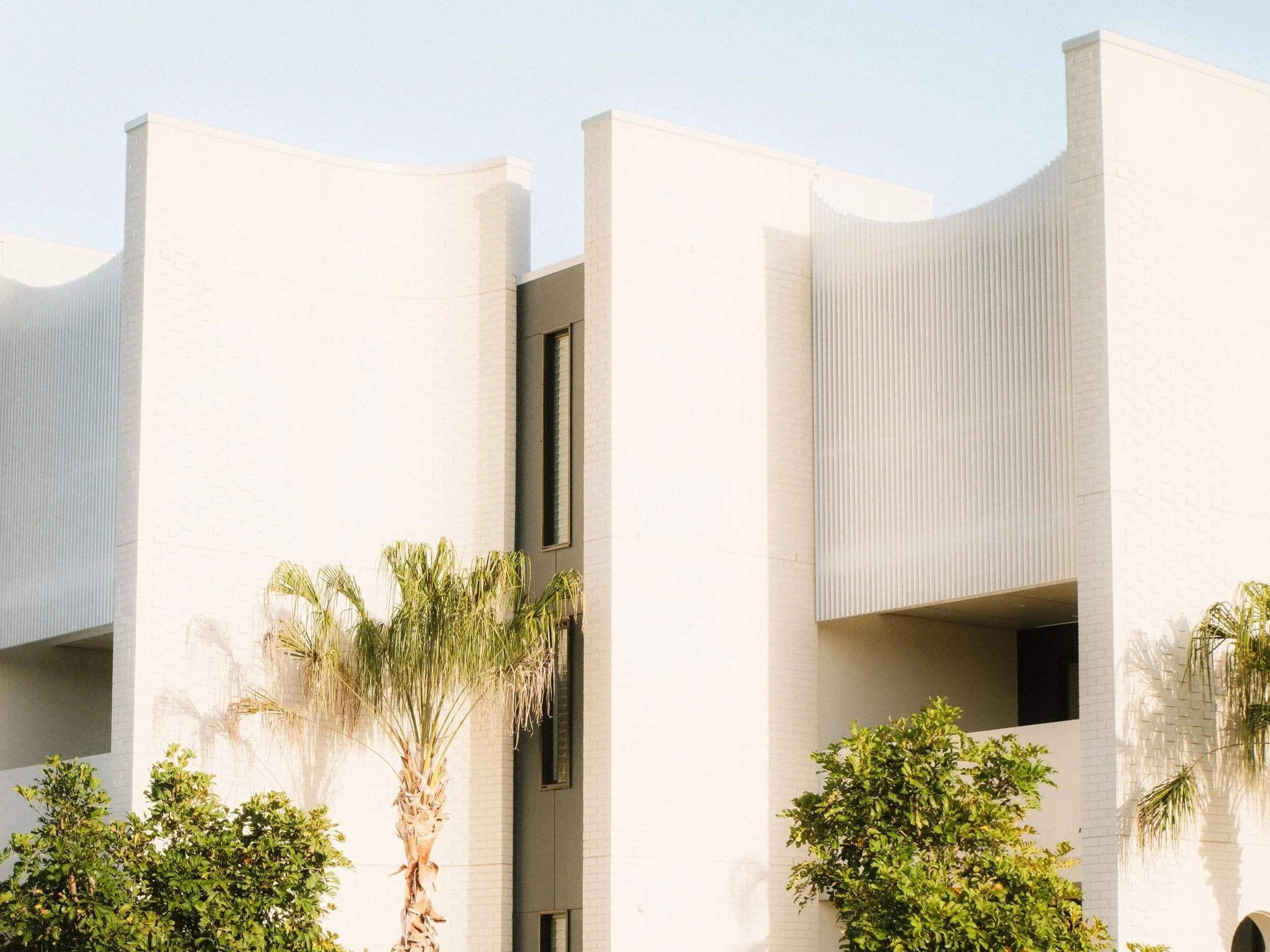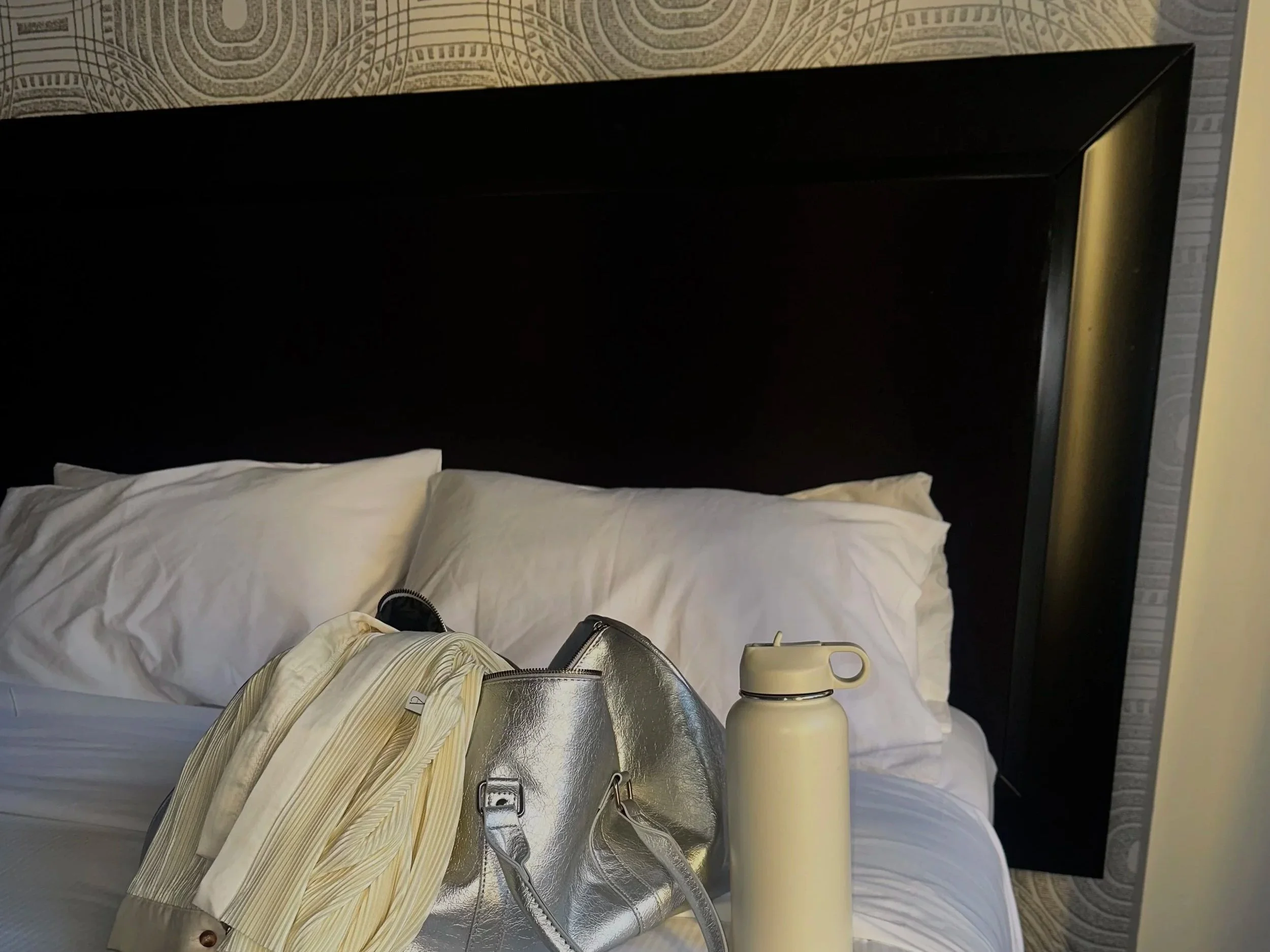Local SEO for Hotels: How to Rank #1 in “Near Me” Searches
If you’re not visible in “hotel near me” results, you’re not losing to competitors… You’re losing to distribution. Local SEO is how you win proximity-driven demand and convert it into direct bookings. This is the playbook.
Google’s local results decide who gets the booking before a traveler ever reaches your site. Mobile searchers who look for something “nearby” act fast—76% visit a business within a day and 28% make a purchase (Source: Think with Google). Translation: local intent isn’t top-of-funnel; it’s transactional.
Google is explicit about how local rankings work: relevance, distance, and prominence. Your job is to engineer signals that prove you’re the most relevant option, close enough to satisfy intent, and credible enough to deserve the click.
TREAT YOUR GOOGLE BUSINESS PROFILE LIKE A BOOKING CHANNEL
Your Google Business Profile (GBP) is the front door. Fill every field (primary/secondary categories, amenities, check-in/out), keep hours accurate, publish weekly updates, and maintain fresh, professional imagery. Active, well-optimized profiles consistently drive mover discovery actions (calls, website visits, direction requests) because Google wants to rank complete, trustworthy listings (Source: BrightLocal).
Hotels also get Booking clicks reporting inside GBP. Connect your booking link and track how many users start the path to a direct reservation straight from your profile, then optimize the listing like you would a landing page (headline, images, offers) to raise that number.
Non-negotiables:
Primary category must fit your positioning (i.e. Hotel vs Resort vs Boutique Hotel). Add relevant secondary categories to widen qualified queries.
Publish weekly Google Posts (packages, events, renovations, seasonal amenities) to keep the listing active and current.
ENGINEER THE LOCAL 3-PACK: RELEVANCE, DISTANCE, PROMINENCE
The Local 3-Pack (the three map results above organic listings) captures the lion’s share of clicks for local intent queries. Winning it is about disciplined signal management, not gimmicks.
Relevance: Align copy everywhere—GBP description, on-site headings, and internal links—to the queries you want: “boutique hotel in Downtown Las Vegas,” “pet-friendly hotel near Fremont Street,” “hotel with rooftop pool in San Diego.” Match categories and amenities to searcher intent.
Distance: You can’t move the building, but you can strengthen local cues (landmarks, neighborhoods) in copy and schema to clarify proximity.
Prominence: Grow authority with consistent reviews, credible local backlinks (tourism boards, event partners, attractions), and press mentions. These are among the core inputs experts find correlate with higher pack visibility.
BUILD A SITE THAT CONVERTS LOCAL INTENT (NOT VANITY TRAFFIC)
Local SEO fails when the click lands on a slow, generic site. Your website must reinforce location, prove relevance, and make booking obvious, especially on mobile.
Create location/attraction pages that pair your offering with high-intent queries (i.e. “hotels near CES", “hotels near EDC”). Include embedded maps, walk/drive times, and internal links to relevant rooms/offers.
Add structured data (Hotel/LodgingBusiness schema) to help Google parse your address, amenities, and pricing range. Use Google’s helper to implement and validate.
Make speed a priority. Slow pages hemorrhage users; industry analysis ties conversion drop-offs to delays beyond ~3-4 seconds.
REVIEWS ARE RANKING CURRENCY AND CONVERSION FUEL
Reviews do double duty: they raise your pack visibility and remove purchase friction. Quality, recency, and response behavior are consistently cited among the top local pack influencers; travelers also report reviews as a primary decision driver. Treat review ops like revenue ops.
Operationalize it:
Automate post-stay review requests via email/SMS.
Respond to every review within 48 hours; use natural local/amenity language in replies to reinforce relevance (i.e. “downtown Las Vegas,” “rooftop bar”).
Showcase recent 5-star snippets on your booking pages and in GBP photos to compound trust signals across surfaces.
Also, monitor integrity. Platforms are actively removing fakes (Tripadvisor flagged/removed ~2.7M fraudulent reviews in 2024). Your transparent, timely responses help real guests (and algorithms) separate signal from noise (Source: Tripadvisor).
LOCAL AUTHORITY: CONTENT + PARTNERSHIPS THAT GOOGLE CAN VALIDATE
Local relevance is earned, not declared. Publish geo-specific content and earn links that anchor you to your neighborhood.
Evergreen local guides (“best brunch near our hotel,” “48 hours in San Diego without a car”), plus event pages tied to recurring demand spikes (conferences, festivals, sports). These pages capture near me intent with context the OTAs ignore.
Partnership backlinks from tourism boards, museums, venues, and recurring events (co-promotions, package deals). These elevate prominence and send qualified referral traffic.
MEASUREMENT THAT ACTUALLY MAPS TO REVENUE
Track the signals that roll up to bookings, not vanity metrics.
GBP insights: booking clicks, calls, direction requests. Ensure your booking link is active and tagged.
Local rank & presence: monitor pack/finder positions for your priority queries by neighborhood radius (5-15 miles). Industry tracking shows brands that maintain active profiles and link/review growth earn materially greater pack presence over time.
Site performance: mobile speed, scroll depth on location pages, and conversion from those pages to booking engine. Speed data correlates with conversion loss when latency creeps up. Treat it as a revenue leak.
For interpretation and benchmarking, use reputable local-search specialists who explain what each metric means (i.e., how GBP “Bookings” differ from website conversions, and what “Directions” signals about local interest).
COMMON MISTAKES THAT SUPPRESS RANKINGS (AND HOW TO FIX THEM)
Inconsistent NAP (name, address, phone number) across directories > audit/correct your business name, address, phone everywhere (even minor typos dilute prominence).
Wrong or thin categories > if “hotel” is primary, add secondaries that match real demand (i.e. “extended stay,” “boutique hotel”).
Generic landing pages > build pages around specific intents (pet-friendly, rooftop pool, near [landmark]) with internal links and schema.
Set-and-forget GBP > weekly posts, fresh photos, Q&A responses, and prompt review replies move the needle.
YOUR 30-DAY EXECUTION SPRINT
Week 1 - Profile overhaul: Rebuilt GBP (categories, amenities, booking link, weekly posts). Add 30+ current photos, prioritize rooms, lobby, F&B, and nearby attractions.
Week 2 - Local landing pages: Ship three high-intent pages (i.e. “near [landmark],” “event-driven,” “pet-friendly”); add Hotel schema and embedded map.
Week 3 - Review ops: Turn on automated post-stay requests; build a 48-hour response SLA; publish a rotating “Guest Highlights” module on key pages.
Week 4 - Authority build: Secure five local backlinks (tourism board, event partners, neighborhood guides). Publish one robust city guide and one recurring-event page.
FINAL THOUGHTS
Local SEO isn’t an algorithm hack; it’s operational excellence made visible. Complete, trustworthy profiles; fast, intent-specific pages; credible reviews; and community ties that Google can verify. Do that consistently and you stop renting demand from OTAs—you own it.
If you want this installed—GBP, local content, review systems, and measurement tied to bookings—Golden Hour Co. can build the processes and run it.
Start with a consulting intensive or move straight to a monthly retainer: we’ll recommend the fastest path to owning your market’s “near me” searches.










